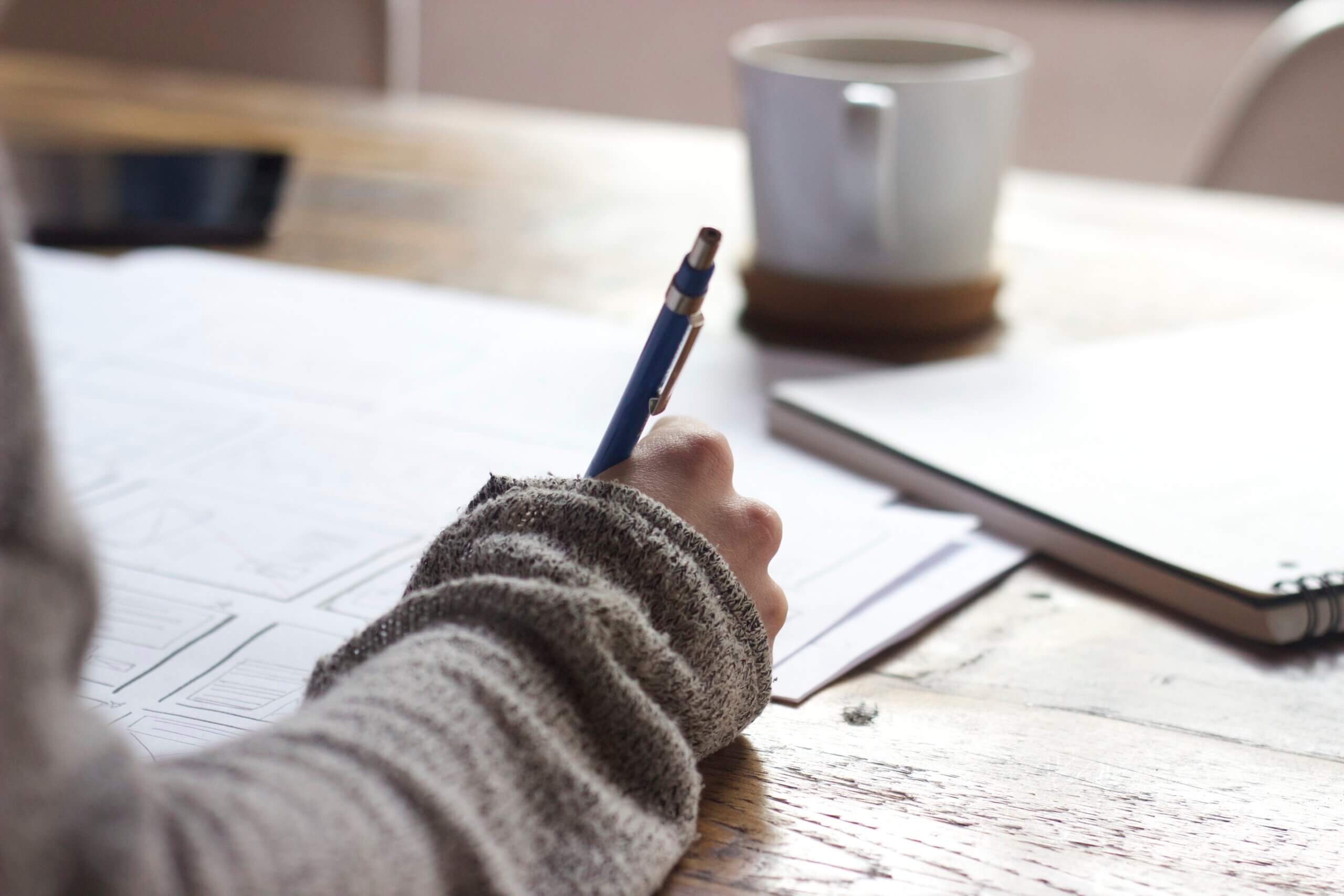Many students cringe when I suggest flashcards as a study tool, eschewing this seemingly anachronistic practice for more stimulating study methods. However, I quickly remind them that sometimes study techniques survive for several decades because they actually work. Moreover, flashcards flex many of the muscles integral to a student’s executive function skills, such as prioritization, clarity of thought, focus, and time management.
Flashcards are an excellent study tool that can help students memorize and remember important information. In preparation, students must engage in information synthesis and interpretive analysis as they put tricky concepts into their own vocabulary. Then, they strengthen the neural pathways for faster and more consistent recall. Flashcards can be used for almost any subject, making them a versatile study tool for students of all ages.
There’s one glaring issue, though. Most students don’t use flashcards the right way. A passive glance at a pre-made flashcard is not what I am referring to. In this blog post, we will discuss how to use flashcards for studying and share tips to help you get the most out of this study tool.
Construction Creates Commitment
The first step in using flashcards for studying is to create them (YOURSELF). Start by writing a question or term on one side of the card and the answer or definition on the other. You can use index cards or any other type of paper to create your flashcards. Be sure to keep your cards organized and labeled by subject or topic. Visuals are a great way to help you remember information. Consider adding pictures or diagrams to your flashcards to help you associate the information with an image. For example, if you are studying anatomy, you can draw a picture of each body part on the flashcard. Using color is another way to help you remember information. You can color-code your flashcards by subject or topic. For example, use blue cards for history and red cards for math. You can also use different colors to highlight key information on the card. Flashcards are most effective when you focus on the most important information. Don’t try to memorize every detail. Instead, focus on the key concepts and information that will help you understand the subject.
Repetition without Passivity
Flashcards are most effective when you review them regularly. Set aside a specific time each day to review your flashcards. You can also review them while waiting in line or during your commute. The more you review your flashcards, the more likely you are to remember the information. Testing yourself is a great way to see how well you are retaining the information. Shuffle your flashcards and test yourself on each one. If you get the answer right, put the card in one pile. If you get it wrong, put it in another pile. Review the pile of cards you got wrong until you have mastered the information. Mixing up the order of your flashcards can help you avoid memorizing the information based on the order of the cards. Shuffle your cards regularly and mix up the order when you study.
Forgetting Time
Taking breaks is important when studying with flashcards. Your brain needs time to rest and process the information. Take a short break every 20-30 minutes to help you stay focused and avoid burnout. Far too many students create a deck of flashcards, study them for an hour straight, and never pick them up again. That is not the goal. Flashcards work incredibly well on a spaced-repetition basis, meaning students need time to forget what they learned. When this happens, the brain works harder to retrieve the information and recall improves. Combine flashcard studying with some other short-term frequent activity. For instance, I have my college students keep their flashcard deck in a magnetic container on their fridge. Every time they go get a snack, they crank out five minutes of flashcards. Boom!
In conclusion, flashcards are a simple yet effective study tool that can help you memorize and remember important information. By using visuals, color, and online resources, and reviewing regularly, testing yourself, and taking breaks, you can get the most out of your flashcard study sessions. Incorporate these tips into your study routine and watch your grades improve.
We hope this blog helped you or your child earn some extra points on their exams. For more ideas on how to succeed in school, visit our blog page. To learn more about our one-on-one academic coaching service, reach out today!





